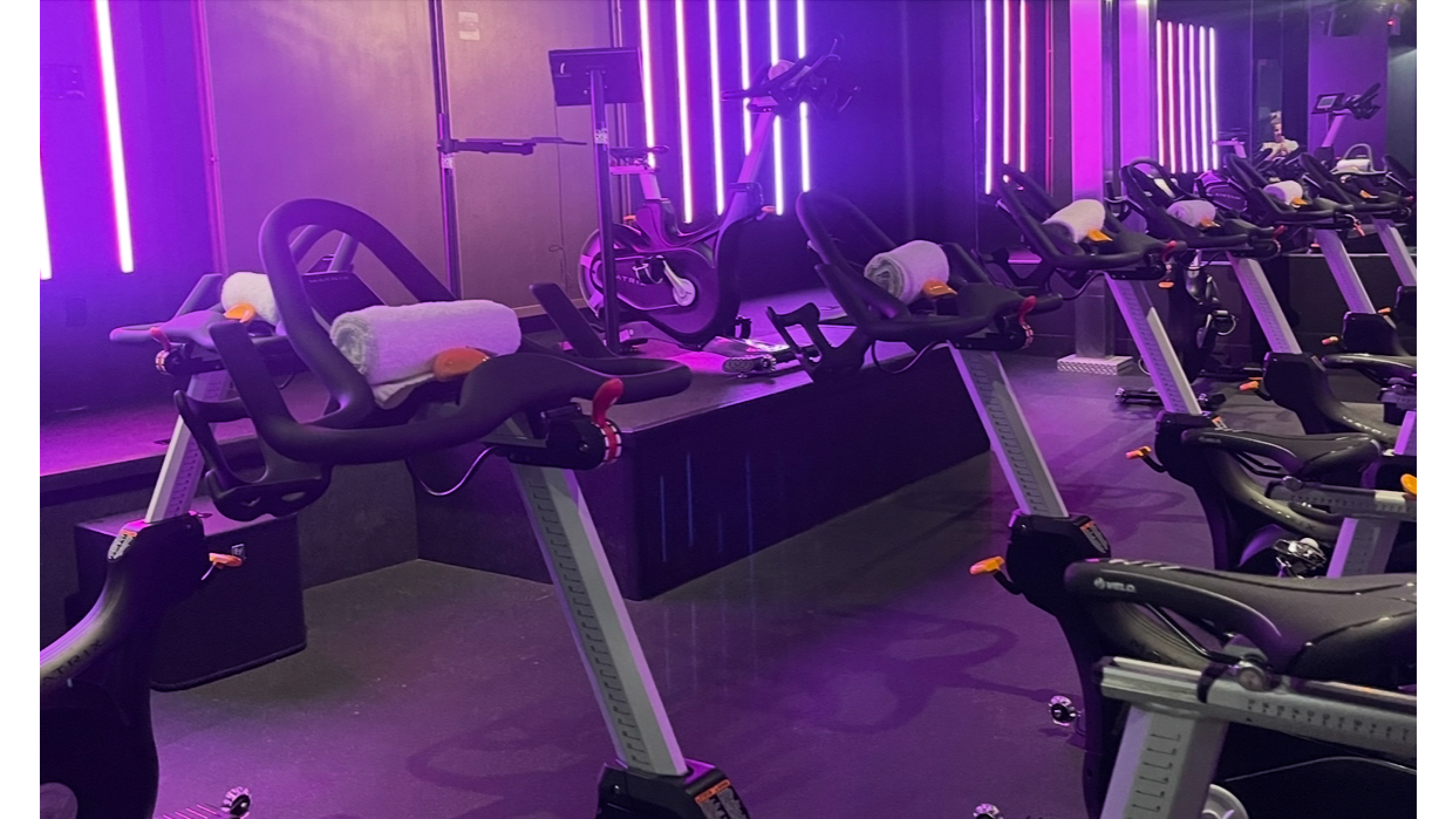Now Reading: Emotion-Tracking Smart Glasses: Surprisingly Practical Innovation
-
01
Emotion-Tracking Smart Glasses: Surprisingly Practical Innovation
Emotion-Tracking Smart Glasses: Surprisingly Practical Innovation
Swift Summary
- Advancement: Emteq Labs has developed “Sense glasses,” a prototype of smart glasses with sensors that track facial muscle activity, heart rate, and head movements to identify emotional states in real-time.
- Technology: Sensors monitor zygomaticus (smiling), corrugator supercilii (forehead), and brow muscles. Combined with physiological data like heart rate, the glasses aim to detect moods for applications accessible through smartphones.
- Use Cases:
– Enhancing virtual meetings by reflecting real facial expressions on avatars to improve realism.
– Supporting mental health diagnostics by providing continuous emotional tracking beyond conventional questionnaires.
– Monitoring eating habits automatically via metrics like chewing patterns and bite frequency for weight management and dietary health insights.
- Concerns: privacy considerations dominate discussions, including potential misuse in advertising, workplace monitoring, or governmental surveillance. Emteq claims emotional data will be treated as “medical grade” and not shared publicly.
- Availability: The product might launch in 2024; though,it remains undecided if it will cater directly to consumers or enter other markets first.
Indian Opinion Analysis
The Sense glasses’ affective computing technology represents a important development with broad implications. Positive uses such as enhanced mental health diagnostics or dietary monitoring could benefit india’s rapidly transforming healthcare sector. The integration of emotion-sensing tech into virtual platforms may also align well with India’s growing adoption of remote work solutions.
However,privacy concerns rise sharply given the country’s inconsistencies in regulating digital data flows under existing frameworks like PDP Bill drafts. Without robust controls on how such sensitive personal information is used-especially against unauthorized profiling-it could invite exploitation or unintended societal impact.Moreover, affordability will play a key role-India has an emerging middle class eager for tech innovations but uneven access due to cost barriers. whether Sense glasses can penetrate this dynamic market depends equally on ethical technological deployment and price accessibility for diverse demographics in India.

























